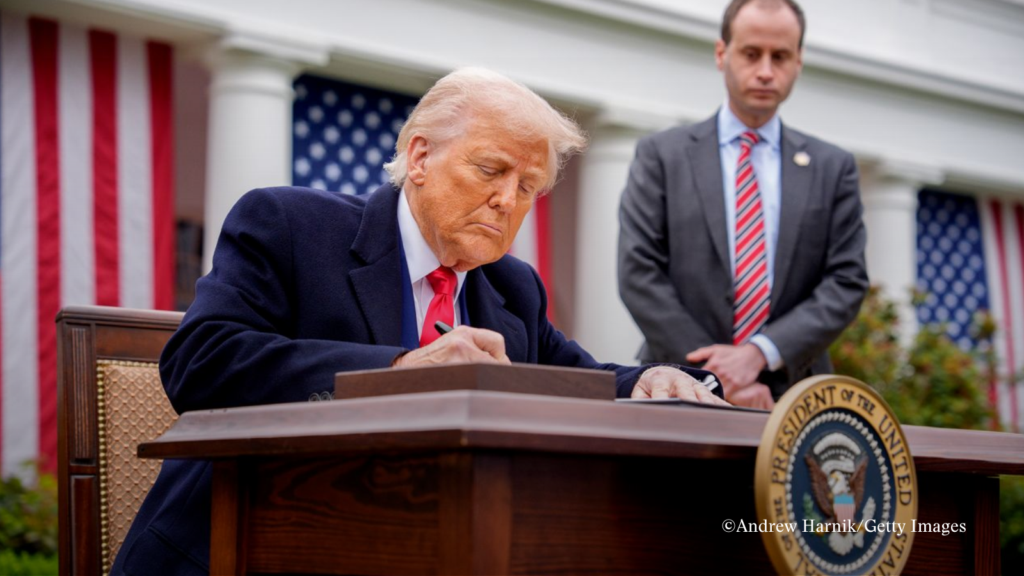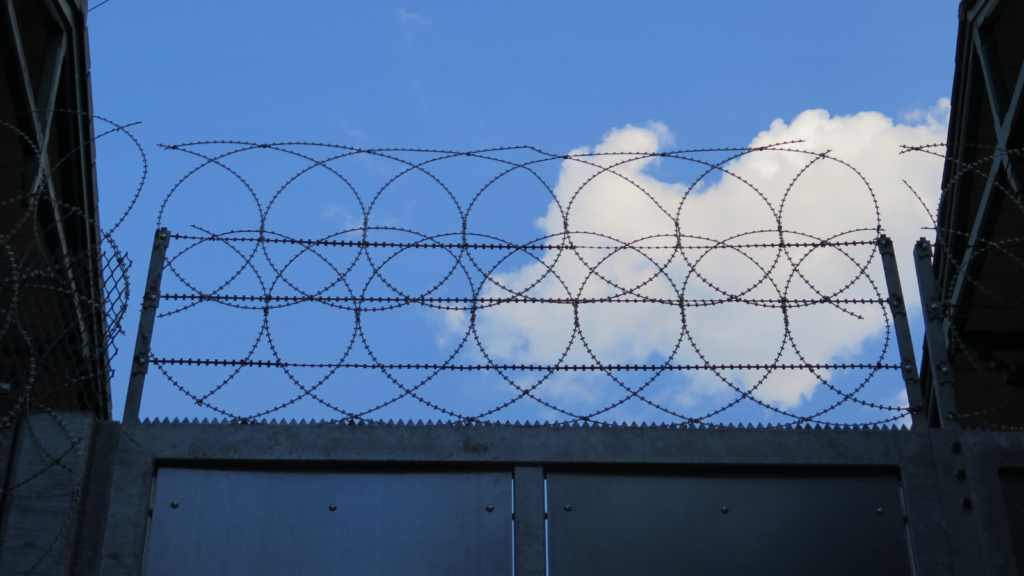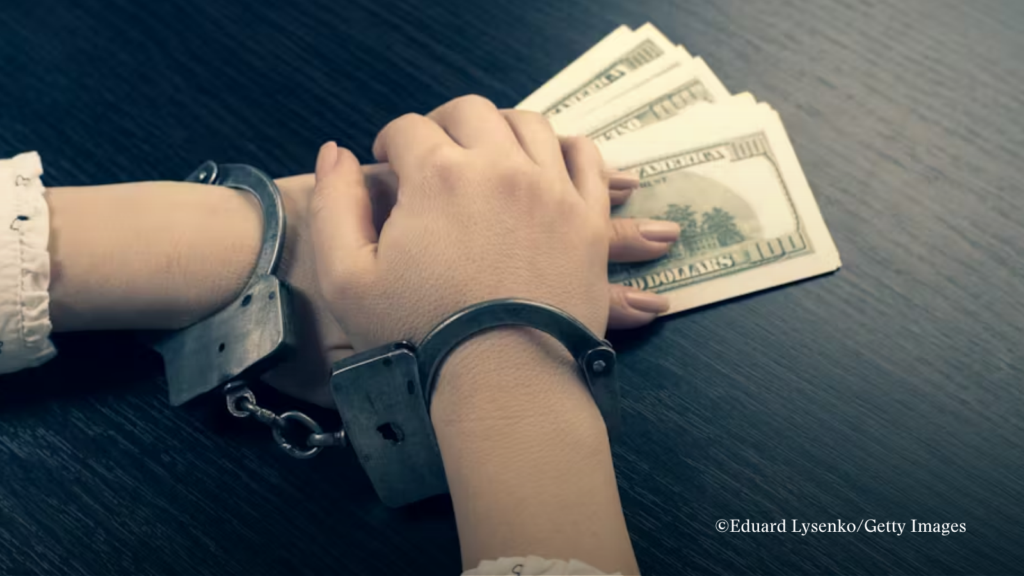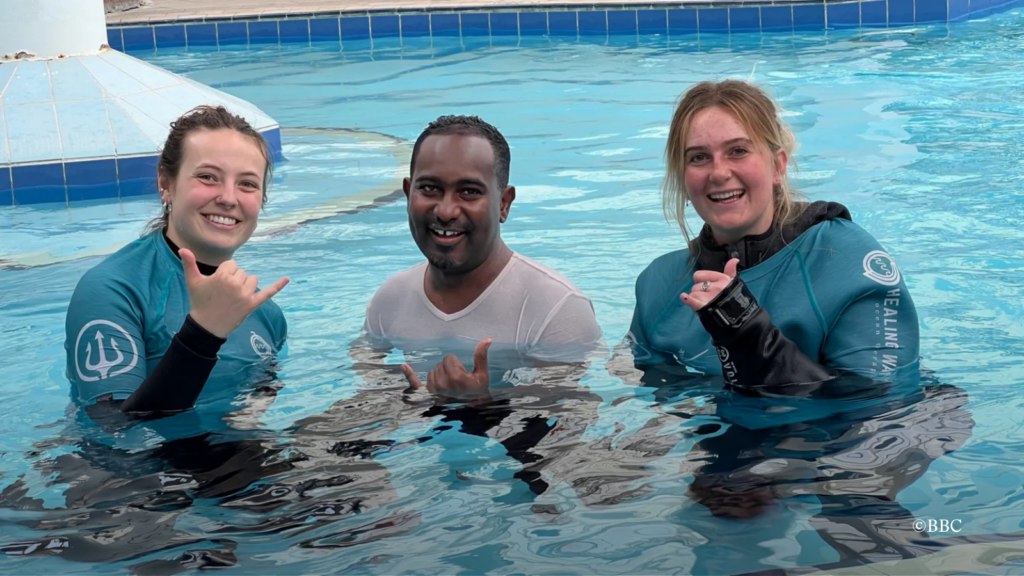
Trump’s Attacks On Press Freedom Are Paving The Way For Authoritarianism
A leading global democracy research institute says democratic “backsliding” must be turned around quickly—warning that after 10 years, recovery is “close to impossible.” In 2024, the Democrats ran on the catchphrase “We are not going back.” Even after the party’s resounding defeat, the refrain may have been more prophetic than they imagined. New research shows that once a country begins a descent into authoritarianism it’s extremely difficult to reverse. And the first vector of attack is often the free press.

Detained Immigrant Students Sent to Remote Louisiana Facilities Accused of Human Rights Abuses
At least three students recently detained by the Trump administration and put in deportation proceedings have been taken to highly remote detention centers in rural Louisiana that human rights groups have called “a black hole.” The federal government has broad authority to transfer immigrants facing deportation to different facilities. But advocates and experts said that there have been major human rights abuses in facilities in this region and that the Trump administration has sent the students to a very conservative jurisdiction that is highly favorable to its immigration policy goals.

The Never-Ending Sentence: How Parole And Probation Fuel Mass Incarceration
The U.S. operates one of the largest and most punitive criminal justice systems in the world. On any given day, 1.9 million people are incarcerated in more than 6,000 federal, state and local facilities. Another 3.7 million remain under what scholars call “correctional control” through probation or parole supervision. That means one out of every 60 Americans is entangled in the system — one of the highest rates globally.

Jersey Was My Doctor After Somalia Imprisonment’
A human rights journalist from Somalia imprisoned in his country for speaking out against the government has said “Jersey was my doctor” after a respite holiday. Abdalle Mumin was jailed in 2023 for criticising a government ban on “dissemination of extremist and terrorist ideology” and how it affected freedom of speech. After his release, he fled to the UK, where he now lives, and continues to work as secretary general of the Somali Journalists Syndicate. His week-long visit this month was mostly paid for by Prisoners of Conscience Jersey Holiday Fund (PoCHFJ) as part of its work to help people who have suffered human rights abuses receive some relief from their traumatic experiences.

